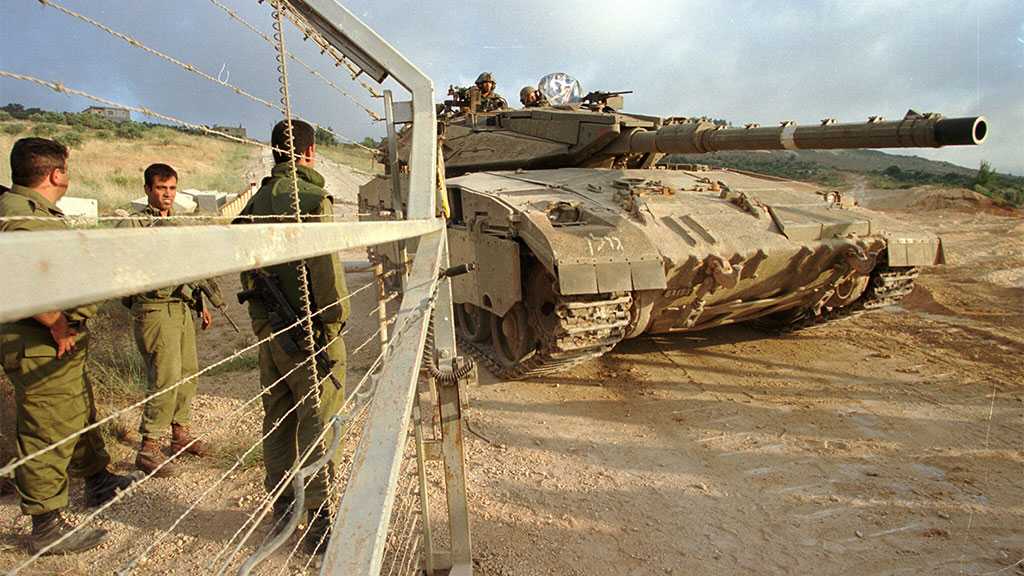
In a commentary following the humiliating US defeat and withdrawal from Afghanistan, Neri Zilber wrote for New Lines that senior ‘Israeli’ military officers have looked on at the chaotic and speedy events with a glimmer of recognition.
“Those now leading the ‘Israeli’ military came of age as young soldiers and junior officers during the Zionist entity’s own ill-fated foreign expedition in southern Lebanon during the 1980s and 1990s: A bloody, inconclusive guerrilla war — “‘Israel’s’ Vietnam” it came to be known — that culminated in an equally shambolic withdrawal in May 2000, after two decades of fighting” said Zilber.
While ‘Israel’ isn’t the US, and Lebanon isn’t Afghanistan, the common themes that run through both sets of wars are jarring, especially in the way a Western democracy tries to end a military campaign and how it manages [or not] the fate of local allies who fought alongside it.
“‘Israel’ left Lebanon with its tail between its legs,” Brig. Gen. Eli Amitai, one of the last Zionist commanders in southern Lebanon, told the author. “This wasn’t a withdrawal — it was a house of cards, like dominoes falling.”
The Zionist occupiers started their misadventure in Lebanon. Later on, Hezbollah began firing rockets into northern ‘Israeli’-occupied territories, causing fatalities among Zionist occupiers places in the so-called Security Zone at some two dozen a year. Increasingly, the impression inside the Zionist community was that this was a campaign with no end and with no discernible objective.
The withdrawal started becoming popular and the political tide was shifting.
By early 2000 Hezbollah increased its resistance operations on the Zionist military inside Lebanon.
In the ensuing weeks, the Zionist military began thinning the number of its forces inside the so-called ‘Security Zone’ and handing off outposts to its militia in Lebanon, the so-called ‘South Lebanon Army’ [SLA].
As resistance operations stepped up, then Zionist Prime Minister Ehud Barak was left with no choice: He ordered the military to move up the withdrawal, starting immediately. The last of the Zionist military’s positions was blown up, and soldiers evacuated May 23-24.
Closing the gate behind him, the last ‘Israeli’ soldier to leave Lebanon was the Zionist commander for the ‘Security Zone’, Benny Gantz, the ‘Israeli’ entity’s current war minister. A 20-year scheme of war and occupation was undone in four days.
The question remains, however, whether a dramatically “better” way could have been found. The real lesson of the Zionist regime’s experience in Lebanon is likely that the decision itself to withdraw unleashes its own dynamics.
The hasty withdrawal [“with its tail between its legs”] from Lebanon emboldened Hezbollah and decreased ‘Israeli’ deterrence vis-à-vis its enemies.
Meanwhile, watching events unfold in Kabul over the past two weeks, Zionist officials are less concerned about what it says about the US commitment to the Zionist entity and other close allies. “I’m not sure it’ll have a major impact on us directly and on how the US does things here,” one senior ‘Israeli’ government official told the author when queried regarding Afghanistan. Yet there is concern in some ‘Israeli’ quarters that a similar dynamic will play out among America’s enemies as happened after the Lebanon withdrawal.
“Everyone is looking at these pictures,” a senior IDF official told me.
As Tel Aviv found out the hard way, even after you rightfully end a war, the war never really













No comments:
Post a Comment